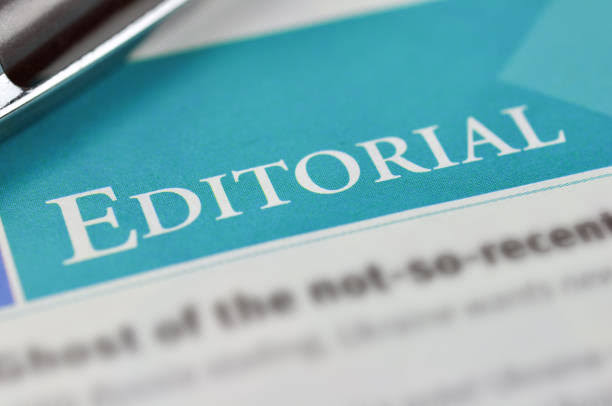In September 2025, Jammu and Kashmir’s elected government, led by Chief Minister Omar Abdullah, basks in the glow of restored assembly elections. Yet, a democratic deficit festers at the grassroots. Seven years after the last Panchayat and Urban Local Body polls in 2018, their terms lapsed in 2023, leaving villages and towns adrift in bureaucratic stasis. This neglect isn’t mere oversight—it’s a troubling signal of misplaced priorities that dims the promise of the National Conference-led coalition.
At the core of this delay lies a headless State Election Commission, vacant since early 2025. Appointing a new commissioner requires Lt. Governor Manoj Sinha’s approval, advised by a panel including Abdullah and the opposition leader—yet no progress emerges. Without this, electoral rolls remain unupdated, paralyzing the process. Further muddying the waters, unresolved OBC reservation quotas, tied to a delayed commission report, threaten to push polls to 2026, potentially necessitating delimitation. The Union Panchayati Raj Ministry’s repeated calls for swift elections, echoed in a July 2025 parliamentary report, go unheeded. Local voices, like the All Jammu & Kashmir Panchayat Conference, warn of unrest if delays persist.
Abdullah’s focus on statehood restoration, while vital, overshadows the urgent need to revive 4,500 panchayats and 78 ULBs. These bodies are the lifeblood of local governance, channeling funds for roads, schools, and sanitation. Their absence stalls development and squanders central grants, leaving rural areas vulnerable amid crises like recent floods. Prioritizing statehood over local democracy risks alienating the very people who voted for change.
This paradox demands action. The government must expedite the SEC appointment, finalize OBC quotas, and notify polls by December. The Centre, too, should fast-track approvals. Only by empowering grassroots governance can J&K’s democratic renewal truly take root, ensuring promises of progress reach every village.




